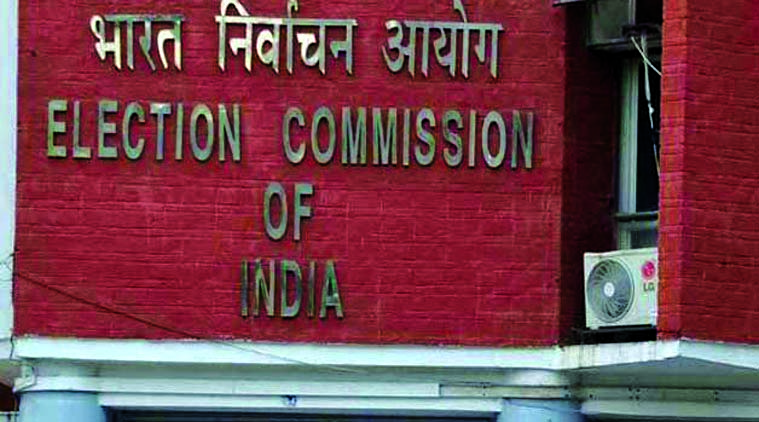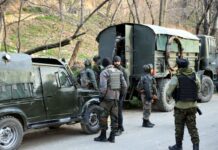SRINAGAR: In view of the forecast of inclement weather conditions, the health department in Kashmir has directed the hospital authorities to remain prepared to cater any kind of medical emergency.
As per a circular issued by the Director Health Services Kashmir, the hospital authorities have been directed to keep sufficient stock of medicines and other life saving drugs available at all hospitals.
The measures that need to be taken as per circular of DHSK include that all the hospitals, that are in flood prone areas will be asked to activate their emergency plans consisting of shifting the major medical equipments to the higher floors, stocking additional medicines, consumables, supplies, fuel and mess requirements, so that they are able to function in even in case of floods, activating Disaster Management Cells at District/Block level and in all Hospitals to cater any kind of medical emergency that may arise, Initiate measures required taking control of Outbreaks, Epidemics including enhanced surveillance and management to be coordinated by the District IDSP and strengthen the Primary Health Centres to improve the capacity of surveillance and control of epidemics, Organize medical camps at the time of requirements and mobilizing the resources for the same at the District headquarters, Establish adequate number of District level mobile units with trained personnel, testing facilities, communication system and emergency treatment facilities, ensure the availability of survival/emergency kits during disaster situation including additional fuel, mess arrangements, etc, Arrangement of Rubber Boats with requisition of Live Jackets from SDRF Department to provide hassle free medical services during the floods and Stock sufficient medicines and life saving drugs at the district/sub- district/PHC and CHC level hospitals.
“An emergency plan needs to be chalked out, in case the Territory Care Hospitals are submerged by the adjacent Districts viz Pulwama, Ganderbal, Srinagar and Budgam, Ensuring the availability of secondary power sources at all levels of Health institutions, May require conducting regular IEC activities to sensitize the common masses about the disaster (in case of floods, the consumption of boiled water), Ensuring that trained medical staff is in operation to attend all types of sick and injury cases, with creation of backup teams. Can create teams of specialists at district level, who can be deployed at short notices in the affected areas and will include additional surgical supplies and mobility support, As a first step updating of available medical staff with their contact information, Obtain and transmit information on natural calamities to the higher central sites, Disinfecting water sources to prevent spread of water borne diseases, Arrangement of treatment and transportation of the injured to the hospital in coordination with emergency services, SDFR, Transport Department and other line Department, In case of landslides in hilly areas, action plan needs to be framed to tackle the medical emergency well in time, Mapping of volunteers for Blood donation, Steps for vaccination against Typhoid, Hepatitis A, Cholera, etc. and management of epidemics, if required, Availability of Mortuary facilities at local hospitals to be ensured, Conduct situational assessment and review the status of response mechanisms in the known vulnerable pockets. Treatment and socio-medical rehabilitation of injured or disabled persons and Coordinates the identification of risk prone sites, to set up respective relief centers” the circular reads.
“Ensure the dispatch of both personnel and medical supplies to areas requiring disaster relief measures, as per requirements only post assessment at the central level, oversees the arrangement of ambulance services. In the absence of transport facilities, adequate mapping plans to the nearest health units and local transport facilities need to be networked, including the requirements of water transport (Rubber Boats) and track the locations of pregnant mothers through ANC registrations and those due for childbirth for transport to safer and adequately equipped comprehensive emergency obstetric care units with neonatal facilities,” it added.
“In the backdrop of above, all the Chief Medical Officers, Medical Superintendents & Block Medical Officers are enjoined upon to ensure that the above mentioned points are followed & implemented in a timely manner and also points discussed in today’s meeting held under the chairmanship of Director Health Services Kashmir in case forecasted floods are occurred” the circular reads.















